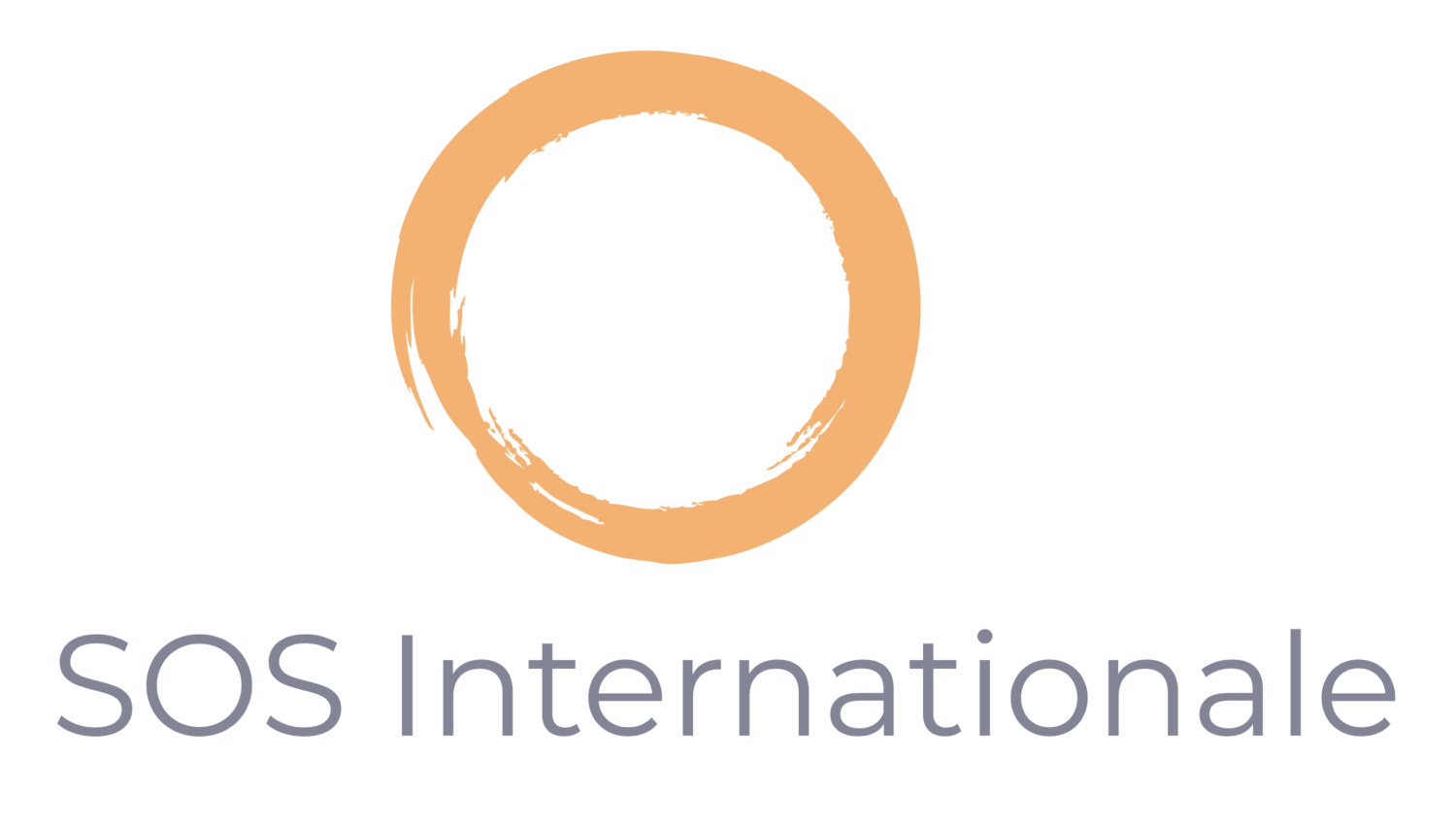What is SE For
Symptoms of Overwhelm or Traumatic Stress
Traumatic symptoms are not caused by the ”triggering” event itself. They stem from the leftover survival energy that has not been resolved and discharged due to a disturbance in the self-regulatory capacity of our autonomic nervous system and physiology. Each time we are not able to return to a relaxed ‘normal’ state our nervous system becomes more hypersensitive or unresponsive and we are more likely to be affected by events, actions or experiences that previously may not have had an impact. Over time, after months or years, symptoms of the following types may arise:
Heart palpitations, breathing problems, dizziness
Hyper vigilance, being on guard or over alert
Hyperactivity
Extreme sensitivity to light, sound or touch
Involuntary behaviour: tics, jerking limbs
Anxiety, including chronic low level anxiety
Panic attacks and phobias
Fears and terrors
Flash backs and intrusive memories or images
Overwhelming emotional responses such as shame, anger, depression
Insomnia, poor sleep, nightmares, night terrors
Psychosomatic illnesses, particularly some headaches, migraines, neck and back problems
Muscle weakness, muscle pain e.g. fibromyalgia, myofasical pain
Menstrual problems
Digestive problems, e.g. irritable bowel syndrome, spastic colon
Immune system problems
Skin disorders
Environmental sensitivities
Physical, mental or emotional exhaustion
Mood swings, shame, depression, rage, aggression, lack of self worth, easily irritated
Feelings of helplessness and powerlessness
Mental ‘blankness’ or spaced-out feelings
Amnesia, forgetfulness
Indecisiveness and feelings of overwhelm
Attraction to dangerous situations or people
Addictive behaviour: smoking, alcohol dependency, drug abuse
Avoidance behaviour: avoiding places, activities, memories, situations or people
Attachment difficulties in nurturing, bonding or committing to others or receiving from others
As SE works directly with the neurophysiology of the body to help regulate the nervous system and its effects on the endocrine and immune systems, these symptoms can gradually be reduced.
… and Who Uses SE ?
Worldwide, over 5,000 health-oriented practitioners in a wide variety of fields use SE. SE practitioners include psychotherapists, psychologists, psychiatrists, counsellors, social workers, nurses, cranio sacral therapists, rolfers, EMDR practitioners, acupuncturists, art therapists, massage and physiotherapists, chiropractors and osteopaths. SE seamlessly integrates into either psychotherapeutic or body-oriented therapies and it can also be used very effectively by itself.
